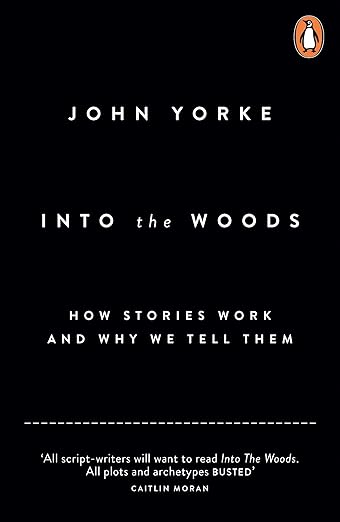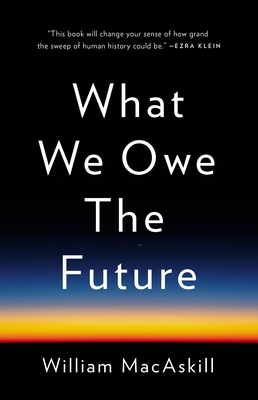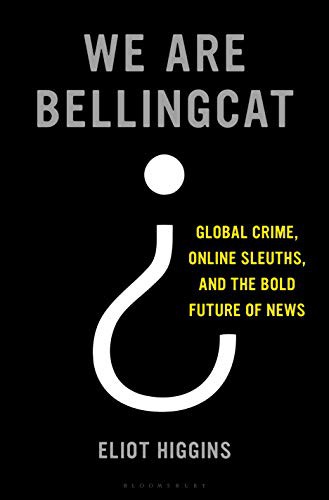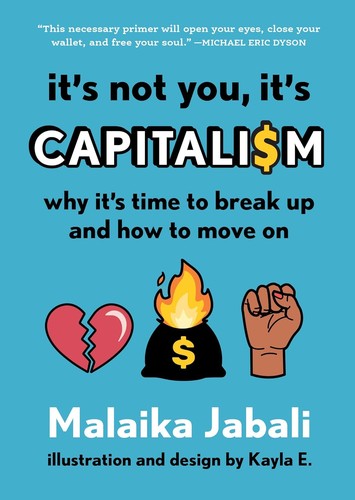Very interesting book, but the way it's written is kinda strange. Very long paragraphs, that wander around, make for exhausting reading.
The author new Bacon well, so talks about himself a lot, I wasn't really expecting that. Slightly less scandal than I'd hoped for.
User Profile
Trying to be different, just like you.
This link opens in a pop-up window
Robert Pickering's books
User Activity
RSS feed Back
Robert Pickering wants to read Steal Like An Artist by Austin Kleon

Steal Like An Artist by Austin Kleon
When asked to talk to students at Broome Community College in upstate New York in the spring of 2011, Austin …
Robert Pickering wants to read Into the Woods by John Yorke
Robert Pickering wants to read Careless People by Sarah Wynn-Williams

Careless People by Sarah Wynn-Williams
Sarah Wynn-Williams, a young diplomat from New Zealand, pitched for her dream job. She saw Facebook’s potential and knew it …
Robert Pickering wants to read Software Architecture : the Hard Parts by Neal Ford

Software Architecture : the Hard Parts by Neal Ford, Mark Richards, Pramod Sadalage, and 1 other
There are no easy decisions in software architecture. Instead, there are many hard parts--difficult problems or issues with no best …
Robert Pickering wants to read How to Blow up a Pipeline by Andreas Malm

How to Blow up a Pipeline by Andreas Malm
Why resisting climate change means combatting the fossil fuel industry
The science on climate change has been clear for …
Robert Pickering started reading Lifehouse by Adam Greenfield
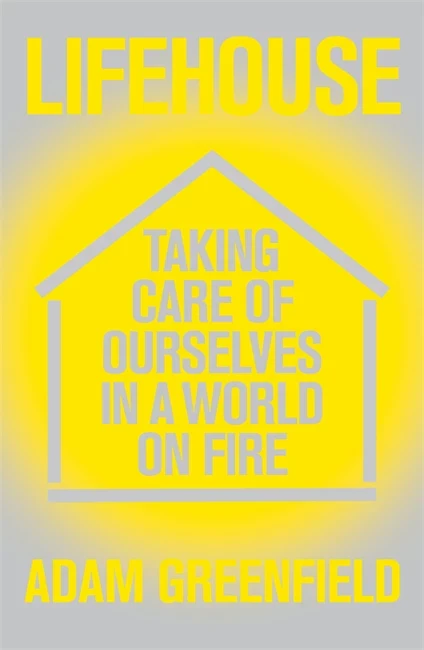
Lifehouse by Adam Greenfield
We are living through a long emergency - a near-continuous train of pandemics, heatwaves, droughts, resource wars and other climate-driven …
Robert Pickering wants to read Transparence (Blanche) (French Edition) by Marc Dugain
Robert Pickering wants to read It's Not You, It's Capitalism by Malaika Jabali
Review of 'The gilded gutter life of Francis Bacon' on 'Goodreads'
4 stars
Very interesting book, but the way it's written is kinda strange. Very long paragraphs, that wander around, make for exhausting reading.
The author new Bacon well, so talks about himself a lot, I wasn't really expecting that. Slightly less scandal than I'd hoped for.
Robert Pickering reviewed What We Owe the Future by William MacAskill
Review of 'What We Owe the Future' on 'Goodreads'
5 stars
I think there are many details to be disagreed with in this book, but I'm sold on the over arching argument of the necessity to think the future carefully.
I'm new to the topic of longtermism and found it a sold introduction to the subject.
As other reviews have pointed out there are many flaws. Explanations can some times feel a bit rushed or that things are brushed over. Topics that you would have like to seen included are merely hinted at, while other topics that seem less important are more fully developed.
I found some of the conclusions disagreeable - particularly when talking about the lost ecosystems and biodiversity being an acceptable consequence of human expansion. (Although, to be fair, in these cases the arguments are well developed and the author is careful state that moral / ethical views of such arguments are far from being agreed.)
The last …
I think there are many details to be disagreed with in this book, but I'm sold on the over arching argument of the necessity to think the future carefully.
I'm new to the topic of longtermism and found it a sold introduction to the subject.
As other reviews have pointed out there are many flaws. Explanations can some times feel a bit rushed or that things are brushed over. Topics that you would have like to seen included are merely hinted at, while other topics that seem less important are more fully developed.
I found some of the conclusions disagreeable - particularly when talking about the lost ecosystems and biodiversity being an acceptable consequence of human expansion. (Although, to be fair, in these cases the arguments are well developed and the author is careful state that moral / ethical views of such arguments are far from being agreed.)
The last section "Taking Action" is less developed that I would have liked. It consists of just one chapter and feels more like an acknowledgement that there are a lot of things that one could do to help future generations.
Still despite it flaws, I think this book still deserves the five star rating I've given it. Any introductory text needs to make choices and that the reading isn't always going to agree with. There is much that I found thought provoking and many references to other texts for further reading, if you wish to dig deeper.
If you are someone that would like to improve the world for current and future generations and are looking for an introductory text, then I think this is a good place to start.
Robert Pickering rated Prisoners of Geography: 5 stars
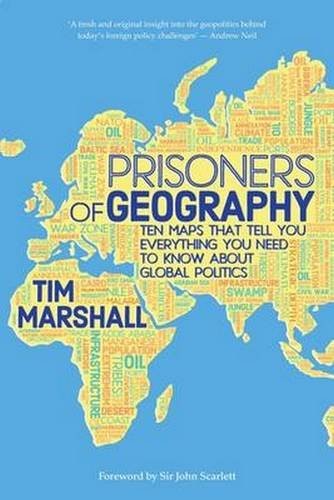
Prisoners of Geography by Tim Marshall
In the bestselling tradition of Why Nations Fail and The Revenge of Geography, an award-winning journalist uses ten maps of …
Robert Pickering reviewed Wavelength by Angus Morrison
Robert Pickering reviewed Hillbilly Elegy by J. D. Vance
Review of 'Hillbilly Elegy' on 'Goodreads'
4 stars
Touching and informative autobiography that gives an interesting insight into the lives of the white working class in the States.

